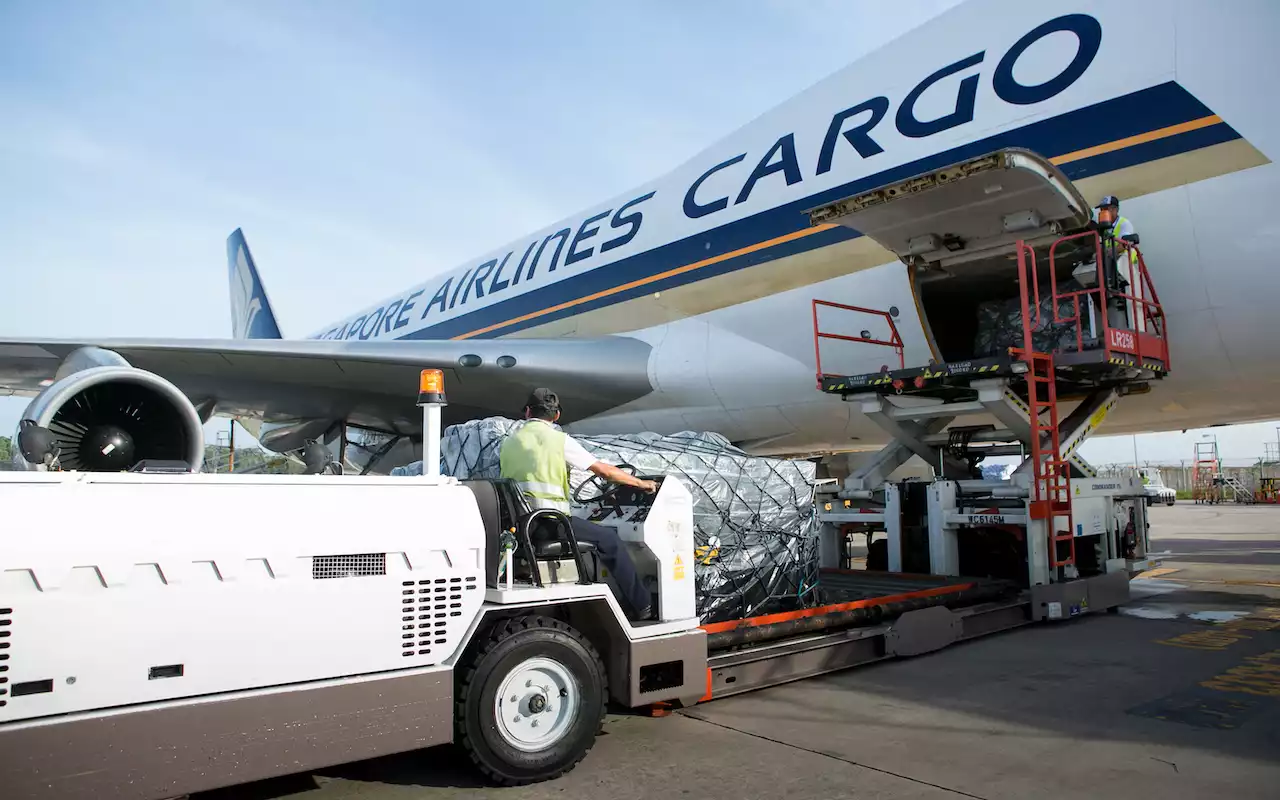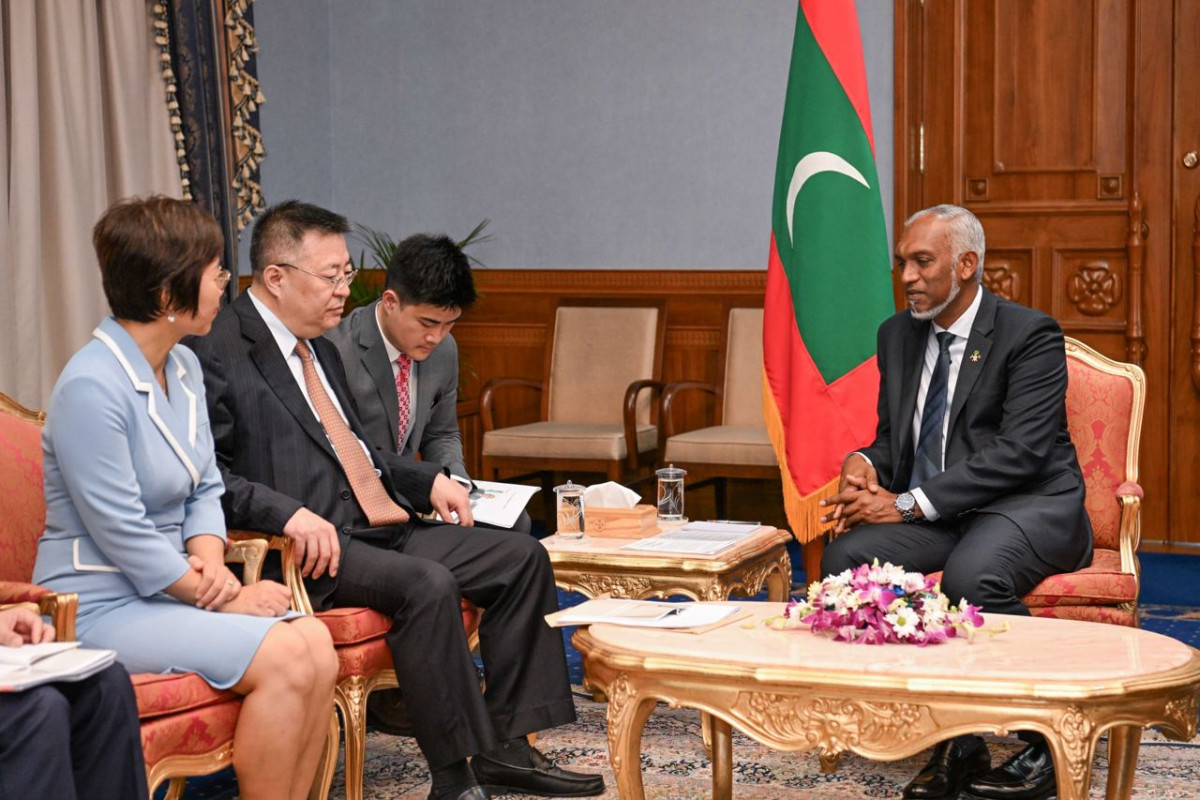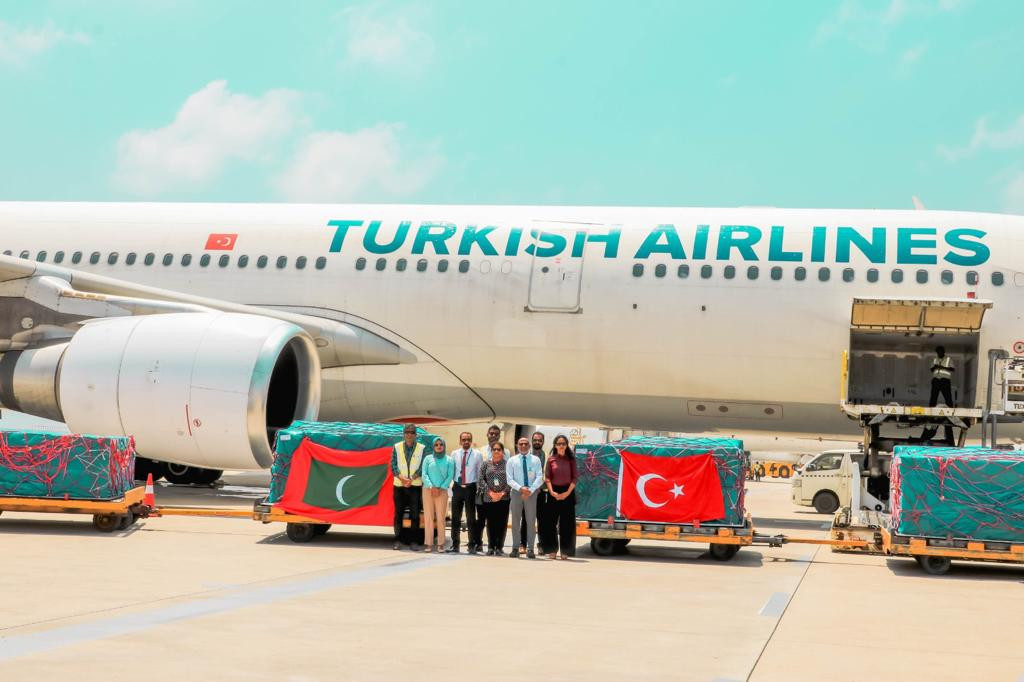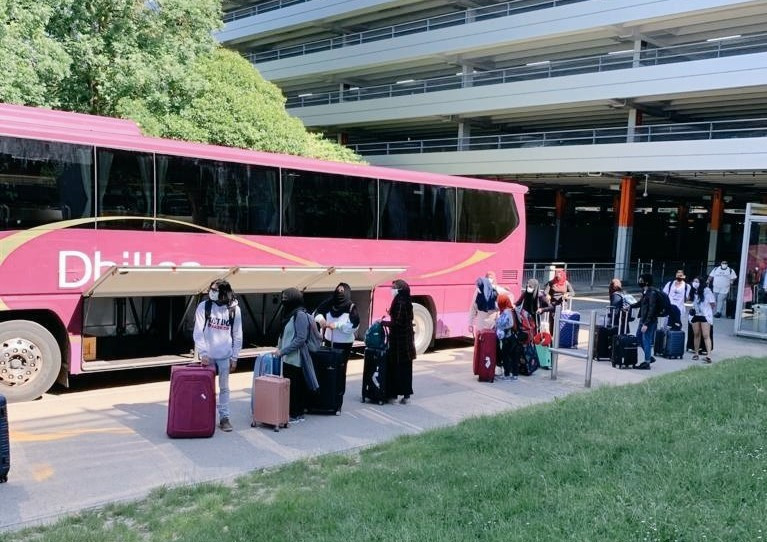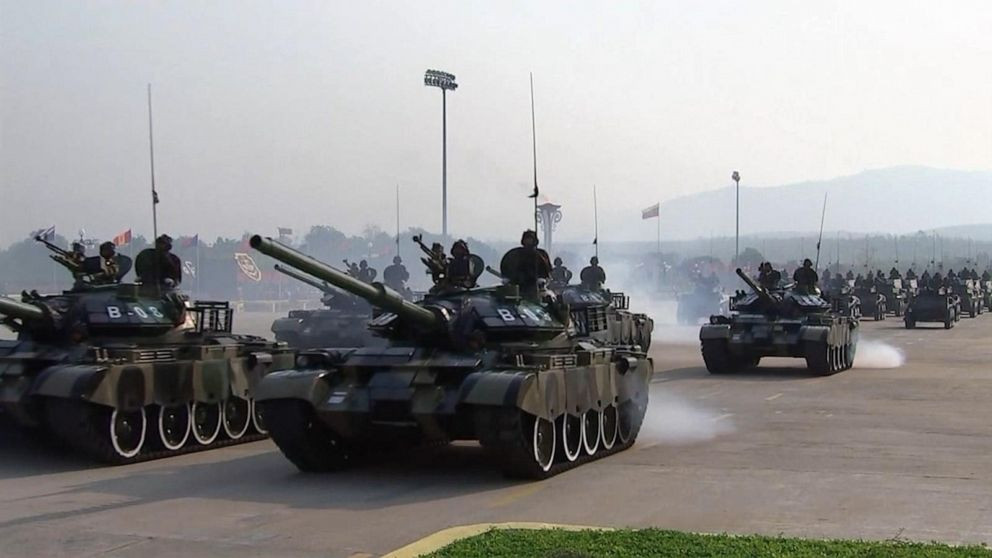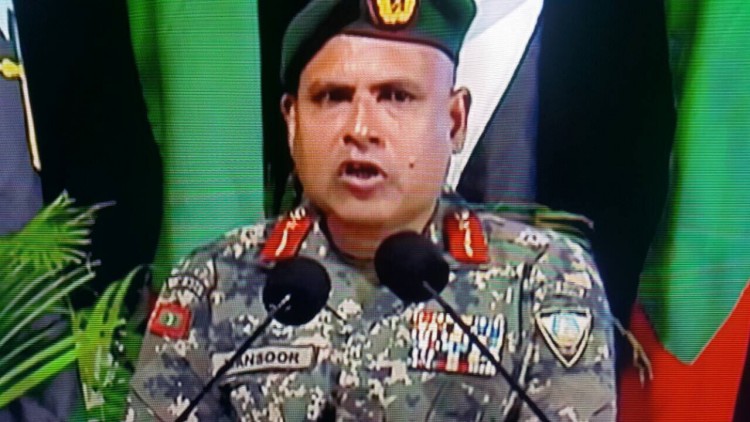How Maldives' ties with international community changed in 2018
Yameen's administration had always had a contentious relationship with the international community
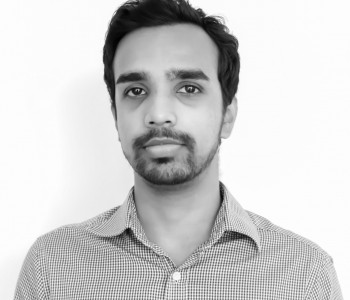
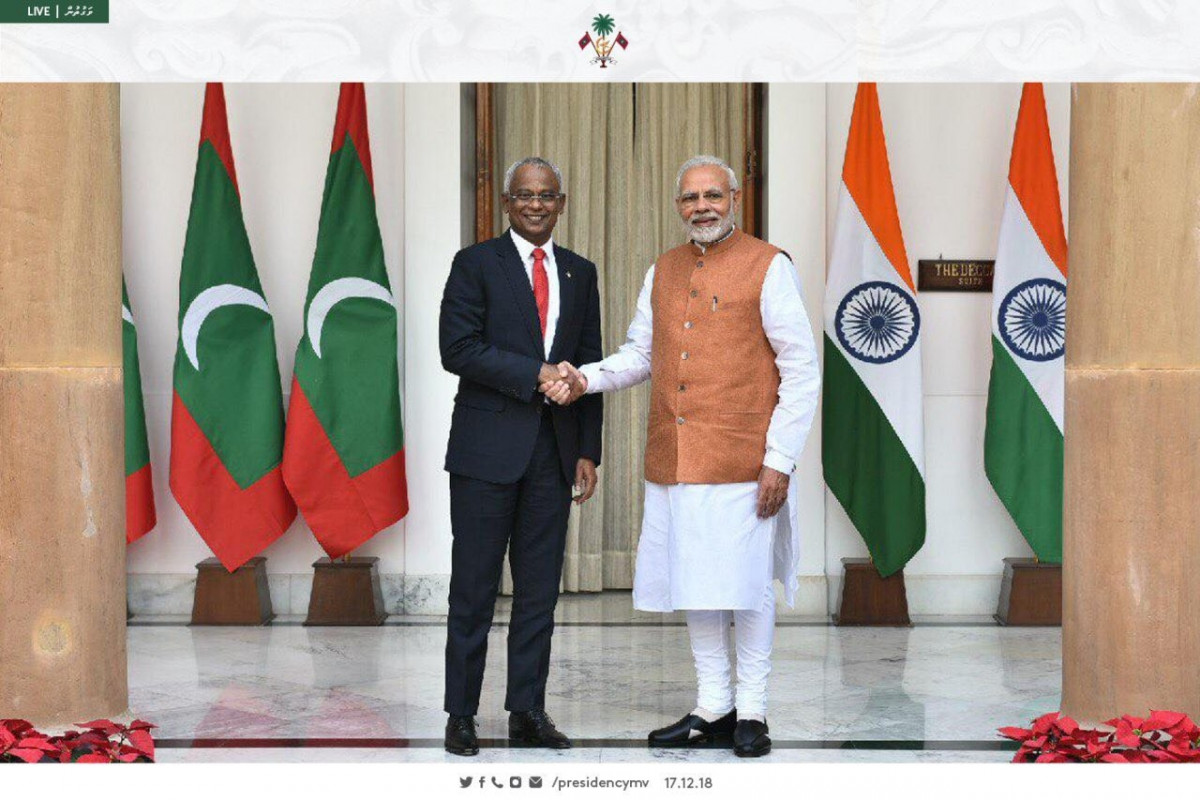
President Ibrahim Mohamed Solih shakes hands with Indian Prime Minister Narendra Modi
One of the stand out features of former President Abdulla Yameen’s government was its contentious relationship with the international community.
While a small island nation such as Maldives, more than any other countries, needs to maintain cordial relations with its neighbors, any action taken by the previous administration seems to cause controversy worldwide, and any criticism causes Yameen to standby the decision and accuse his critics of trying to take away the country’s freedom.
Yet, after defeating Yameen at the polls, President Ibrahim Mohamed Solih has proven that maintaining good relations with the international community can only help the Maldives government fulfill its goals. By being non confrontational, President Solih has even managed to improve Maldives’ its relationship with countries that Yameen had exclusively courted at the expense of others.
China and India
Maldives and India has kept close ties since establishing diplomatic relations in 1976, and India has stepped in to help in great many ways, notably to drive out foreign armed militants that attempted to take over Maldives capital city of Male’ in 1988. India had also transported huge amounts of bottled water during the Male’ water crisis in 2014.
Due to the close proximity between the two countries, India has always been the first to intervene in case of emergency in Maldives.
Yet, Yameen’s actions during his administration had eroded the close ties with India, developed throughout the previous decades, in a matter of a few years by becoming heavily reliant on China, India’s regional rival, for help.
The past few years especially exacerbated the situation after Yameen travelled to Beijing to meet with President Xi Jinping and signed a controversial Free Trade Agreement with China and endorsed its Maritime Silk Road project.
Critics have accused China of exploiting developing countries by compelling the governments to accept its development projects at inflated prices. One such example is Sri Lanka’s Hambantota port and a nearby airport developed in 2008 using a USD 1.7 billion Chinese loans. Due to Sri Lanka’s inability to pay off the loans, the government in 2017 signed an agreement to lease the port to China for 99 years.
For some, the pattern of a debt trap emerged with China’s increasing hold on Maldives’ development, including huge infrastructure projects such as the Sinamale' bridge.
This relationship with China was noted to be a key issue during the presidential election, and China had even assisted Yameen’s campaign by fast tracking the Sinamale’ bridge’s construction, allowing him to open the bridge right before the election.
President Yameen and President Xi Jinping at the FTA signing ceremony
In the past few years, India has also repeatedly called out Yameen for imprisoning his political rivals and declaring the state of emergency earlier this year.
Other smaller issues also occurred, such as when three local councilors were suspended for meeting Indian Ambassador Akhilesh Mishra. At the time, the Maldives government claimed that it was an unfortunate coincidence, as the meeting took place after it issued a notice to its councilors that they should seek the Ministry’s approval before holding meetings with diplomats.
Some also claimed that Maldivian and Indian authorities were refusing to accept visas of nationals from each others' countries, but both governments had denied there being any visa restrictions.
Yameen had also wanted to return two helicopters gifted by India for medical evacuations. Abhijit Singh, a former Indian naval officer, told Reuters that Yameen was suspicious that the Indian crew of the helicopters were keeping watch over his dealings with China.
However, Maldives' then ambassador in India, Ahmed Mohamed told the news agency that the two military helicopters provided by India were mainly used for medical evacuations and search and rescue operations but were no longer required as the islands had built up enough resources of its own.
Throughout Yameen’s term, Indian Prime Minister Narendra Modi had rejected Maldives’ invitations for a state visit, due to the political turmoil in the country. His first visit to Maldives since assuming office was to attend President Solih’s inauguration ceremony on November 17, where he was the guest of honour.
This marked a return to Maldives’ amicable relationship with India, as President Solih and the leaders of the government coalition were strongly opposed to Yameen’s authoritarian, even before having experienced it in prison, and some of the leaders had openly opposed China’s increasing influence.
President Solih’s first state visit was to India, where he signed landmark deals, including accepting a credit facility of USD 1.4 billion from India as a gesture of friendship to alleviate the Maldives economic situation that had been worsened during Yameen’s administration. The Maldives government has stated that that USD 800 million of it will be used for development projects in the Maldives, and that it carries an interest rate of just 1.5 percent.
The new government has also decided to keep the two helicopters that India had gifted.
PM Modi hugs President Solih during his state visit to India
China itself seems to be just as cordial, if not more so, after the transfer of power, even applauding Maldives for its continued cooperation with China’s Belt and Road Initiative. Even before assuming office, President Solih vowed that his administration would not sideline any country and instead establish peaceful ties with all of them.
The new government has also stated that it would continue with China’s projects in Maldives.
The United States & the United Kingdom
The United States has also welcomed Maldives and India renewing its ties. Speaking to Indian reporters, Deputy Assistant Secretary of State for South and Central Asia David Ranz said that the US has committed USD 10 million to strengthen democracy, improve governance, root out corruption, enhance security, and promote economic development in Maldives.
While Atul Keshap, the former US Ambassador, had been outspoken about Yameen’s abuses of power, the US had largely taken a hands-off approach, along with the United Kingdom, but did express concern over Maldives’ signing the FTA with China.
Shortly after President Solih assumed office, the UK announced its decision to open an embassy in Malé is an indication of the country’s commitment to its relationship
The European Union & the United Nations
Throughout Yameen’s administration, the EU and the UN had called the Maldives government to hold a dialogue with the opposition in order to solve the political crisis.
However, after declaring this year’s state of emergency, Yameen had even refused to meet with an envoy from the European Union and later claimed that European countries were banning fish exports from Maldives as part of a sanction.
The EU denied this claim but did adopt a framework for targeted sanctions against specific individuals in Maldives for undermining the rule of law and obstructing an inclusive political solution and for serious human rights violations. The targeted measures would have made it possible, if the political situation had not improved, to impose a travel ban and asset freeze on relevant individuals and entities.
The UN had also repeatedly called for the release of political prisoners.
The Commonwealth of Nations
Maldives had left the Commonwealth of Nations in late 2016, after the government accused it of interfering with Maldives’ internal affairs and "unfair and unjust" treatment.
This was in response to the Commonwealth warning the Maldives of possible suspension if it failed to solve the political turmoil at the time. The Commonwealth Ministerial Action Group had found that Yameen’s administration was guilty of violating the rights of his political rivals.
But President Solih, as part of his pledge, has forwarded his letter of intent to rejoin the Commonwealth. The move has been met with largely favorable reception with the international community.
